Adopting a new dog is exciting. At the same time, you should thoroughly research what type of dog will fit best with your family’s lifestyle. The team at Oliver Animal Hospital has some suggestions for things to consider when choosing your new addition.
What kind of dog will be a good fit for my family?
When choosing a new dog, think about what daily life in your home is like and what adjustments you are willing to make.
- If you have small children, larger dogs are usually preferable. They tend to be sturdier than small-boned breeds and will not be as easily injured if your child inadvertently tugs too hard on their tail or steps on their paw. A pet in pain may also nip or bite in response, causing harm to your child. You should also consider your child’s temperament and choose a dog with a similar disposition.
- If an older or disabled person lives in your home, a dog with a calm, quiet temperament will likely be best. A young, energetic dog may jump up and accidentally hurt someone who is not physically stable.
- If someone in your home suffers from allergies, look for hypoallergenic breeds. While no dog is 100 percent hypoallergenic, some breeds shed less and produce less dander. These include poodles, Bichon frises, Portuguese water dogs, Kerry blue terriers, and Maltese. Have the allergic person spend time around your potential pet before bringing them home to ensure a reaction will not be triggered. Always consult your family physician before adopting a dog if hypersensitivity is a concern.
- If you already own a pet, you should introduce them to the potential new addition to ensure their compatibility.
What size dog is best for my family?
Choosing a large or small breed dog is not only about the size. Small breeds tend to live longer than larger breeds, and their temperaments are different.
- Big dogs take up a large amount of room and are typically better suited to families who own their homes and have plenty of outdoor space. They also need “wag room” to avoid causing damage as they happily swing their tail around. Training is a must from an early age for large breed dogs. If you treat them like a lap dog as a puppy, they will not realize how large they are as they get older and may accidentally knock someone over when going in for a cuddle. Another consideration is cost. The larger the dog, the more expensive food and medical treatments become.
- Small dogs are more vulnerable, and their delicate bone structure makes them prone to fractures. They are also more sensitive to the cold, and care should be taken to ensure they stay warm. Brachycephalic (i.e., flat-faced) breeds, such as pugs and Pekinese, are susceptible to breathing problems, especially in warmer weather. Training is important to ensure small dogs do not become overly aggressive toward other dogs and humans.
How do I choose a dog whose activity level matches my family’s?
All dogs need routine exercise, but some require more than others. If they do not get the necessary physical activity, they will need to work off their excess energy, and this frequently leads to misbehavior.
- If you live in a small home or if you are absent for long periods during the day, a mellow, low-energy dog, such as a Basset hound, bulldog, or Great Dane, will be more suitable for you.
- If you are looking for a running partner, or you plan to spend time outdoors, you should look for an active, high-energy dog. Breeds to consider include Labrador retrievers, border collies, and Jack Russell terriers.
How will the new dog’s grooming requirements affect my family?
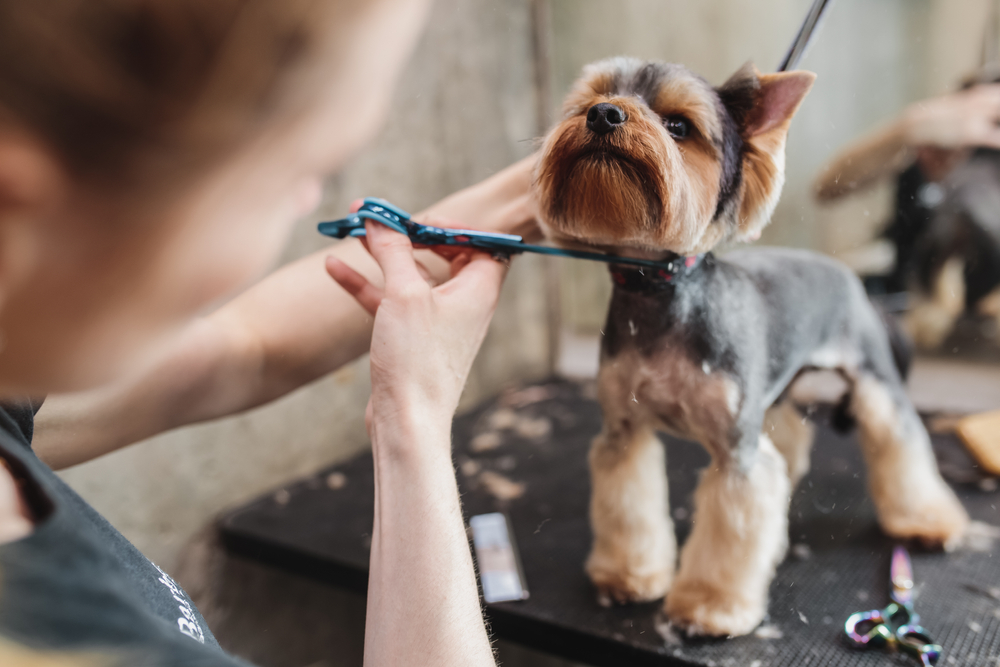
Every dog needs basic grooming, but some require more frequent and specialized care.
- Short-haired, smooth-coated dogs tend to shed more and leave hair everywhere, but frequent brushing can decrease the amount they shed.
- Dogs with long or curly coats require daily grooming to keep their hair from becoming matted.
- Dogs with long, floppy ears are more prone to ear infections, and need regular and thorough ear cleanings.
- Breeds such as mastiffs and bloodhounds tend to drool copiously, and can cause a mess when they shake their heads.
Now that you know what to look for, you’re ready to find your new dog. Happy hunting! Once you’ve found your perfect match, contact our team at Oliver Animal Hospital to schedule an appointment so we can meet the new addition and get them set up for a long and healthy life.


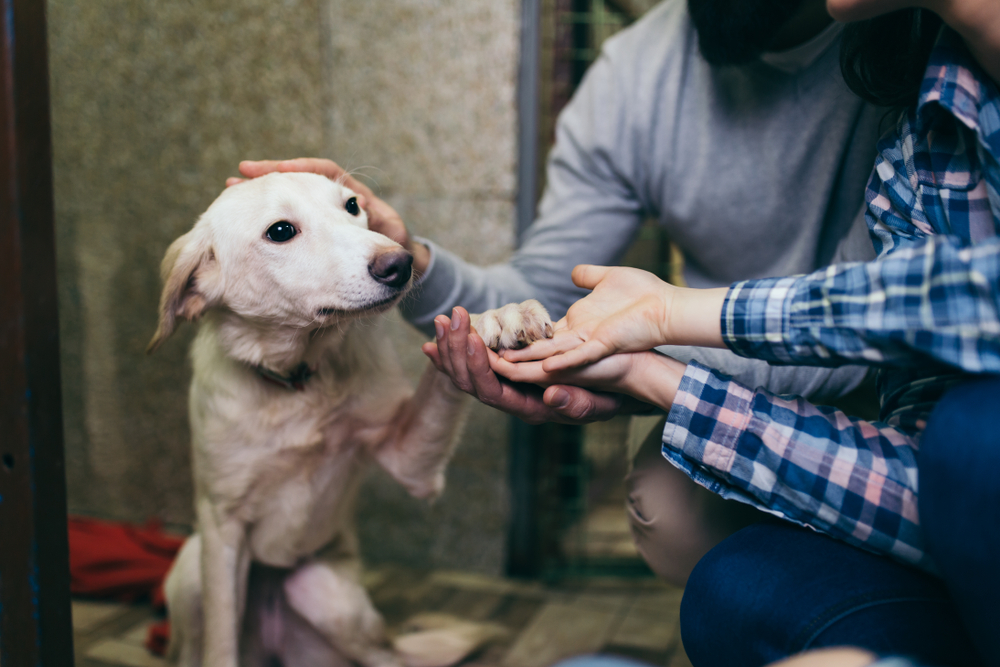
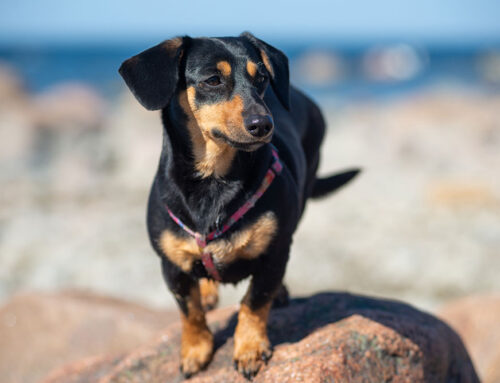
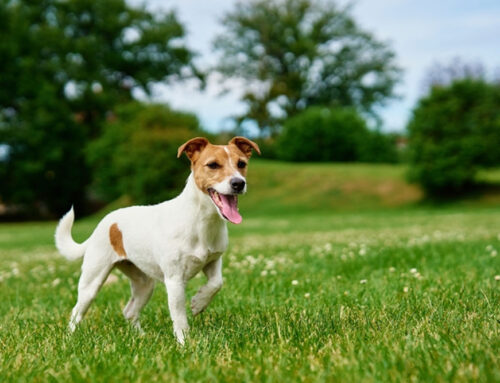
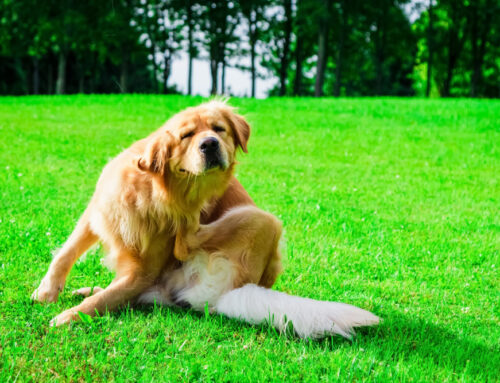

Leave A Comment